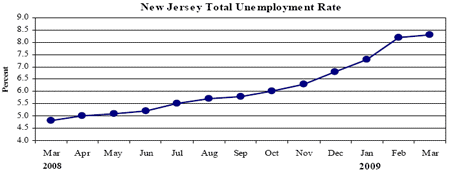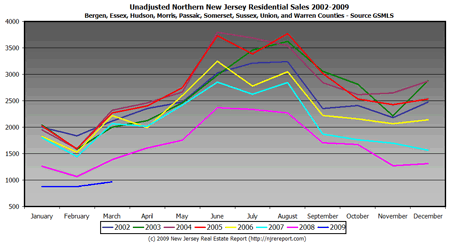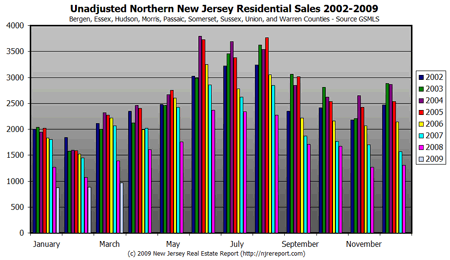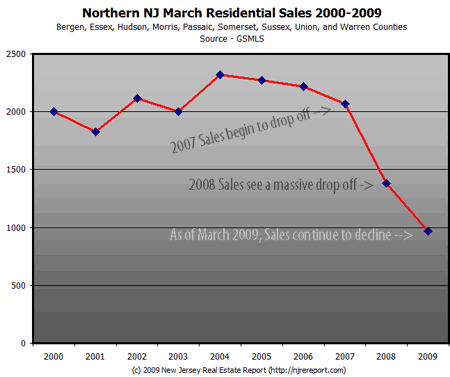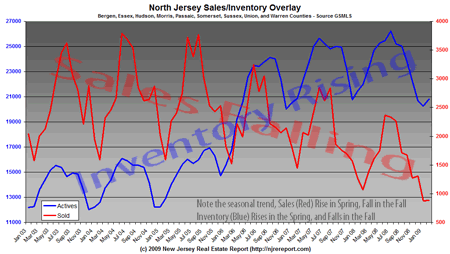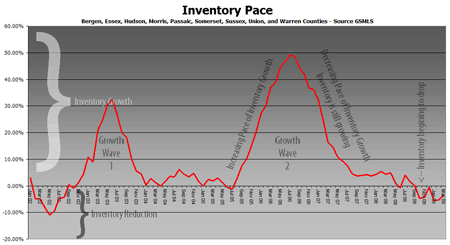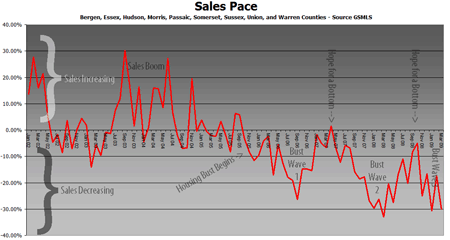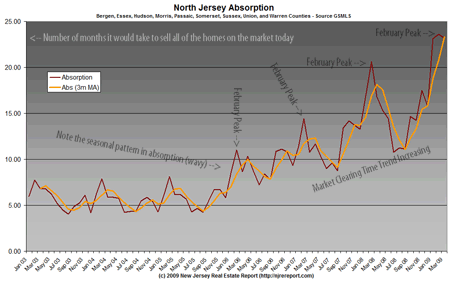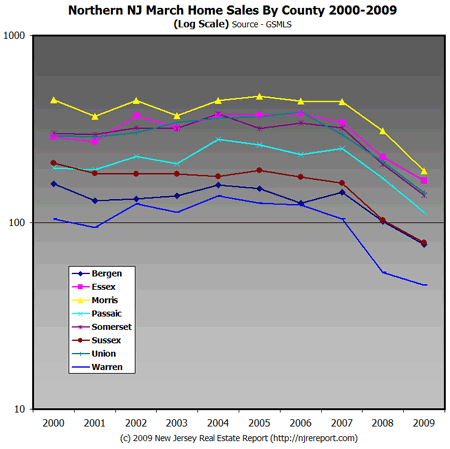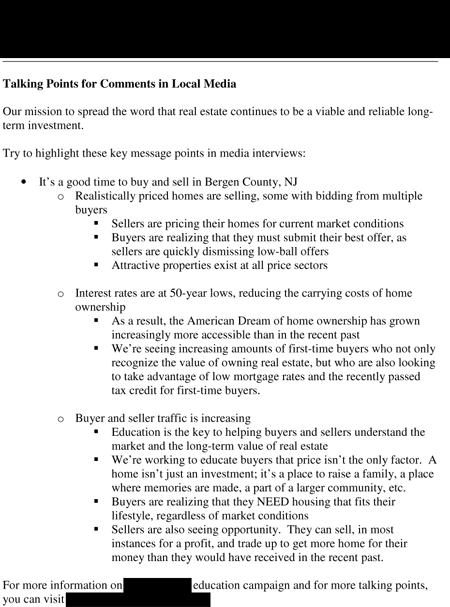reater Philadelphia region* median home sale prices decreased 7.4 percent to $199,000 in the first quarter of 2009, according to Prudential Fox & Roach, REALTORS’® HomExpert Market Report©. The median sale price in the first quarter of 2008 was $215,000. The region’s median sale price decreased 8.7 percent compared to the first quarter of 2007 when the median sale price stood at $218,000.
In the first quarter of 2009, the region saw 9,162 homes sold, a 26.2 percent decrease, compared to 12,408 homes sold in the first quarter of 2008. The region decreased 45.7 percent compared to the first quarter of 2007 when 16,883 homes sold. The average number of days a home remained on the market increased from 81 days in the first quarter of 2008 to 95 days in the first quarter of 2009. In the first quarter of 2007, homes remained on the market for an average of 70 days. Additionally, monthly average inventory for the first quarter of 2009 was 54,891 compared to 58,553 in the first quarter of 2008 and the first quarter of 54,833 in 2007.
Delaware County performed the best in the region with a 3.1 percent decrease in median sale price in the first quarter of 2009. The county median price of homes sold fell from $194,950 in the first quarter of 2008 to $188,875 in the first quarter of 2009. Philadelphia County and Gloucester County median sale prices both fell 3.7 percent to $128,500 and $192,500 respectively. With a 16.3 percent decrease in median sale price, Mercer County saw the region’s largest decrease in the first quarter of 2009 falling to $220,000, compared to $262,825 in the first quarter of 2008. Burlington County saw the region’s largest decrease compared to the first quarter of 2007, falling 14.9 percent to a median sale price of $199,900 in the first quarter of 2009.
…
Center City median home prices decreased 18.2 percent to $326,000 in the first quarter of 2009, compared to the median sale price in the first quarter of 2008, which stood at $398,750. In the first quarter of 2009, Center City saw 149 homes sold, a 50 percent decrease, compared to 298 homes sold in the first quarter of 2008.
The average number of days a home remained on the market increased from 109 days in the first quarter of 2008 to 137 days in the first quarter of 2009. Average inventory decreased 4.8 percent in the first quarter of 2009 to 1,634 homes for sale.
…
Main Line median home prices decreased 13.7 percent to $309,500 in the first quarter of 2009, compared to the median sale price in the first quarter of 2008, which stood at $358,575. In the first quarter of 2009, the Main Line saw 344 homes sold, a 22.5 percent decrease, compared to 444 homes sold in the first quarter of 2008.
The average number of days a home remained on the market increased from 82 days in the first quarter of 2008 to 89 days in the first quarter of 2009. Average inventory decreased 0.8 percent in the first quarter of 2009 to 1,687 homes for sale.
…
New Jersey Shore Counties (Outside the Greater Philadelphia Region)
Atlantic County median home prices decreased 15 percent to $216,700 in the first quarter of 2009, compared to the median sale price in the first quarter of 2008, which stood at $255,000. In the first quarter of 2009, Atlantic County saw 396 homes sold, a 35.3 percent decrease, compared to 612 homes sold in the first quarter of 2008. The average number of days a home remained on the market increased from 110 days in the first quarter of 2008 to 124 days in the first quarter of 2009.
Cape May County median home prices decreased 19.6 percent to $410,000 in the first quarter of 2009, compared to the median sale price in the first quarter of 2008, which stood at $510,000. In the first quarter of 2009, Cape May County saw 152 homes sold, a 32.7 percent decrease, compared to 226 homes sold in the first quarter of 2008. The average number of days a home remained on the market increased by one day in the first quarter of 2008 to 141 days in the first quarter of 2009.

